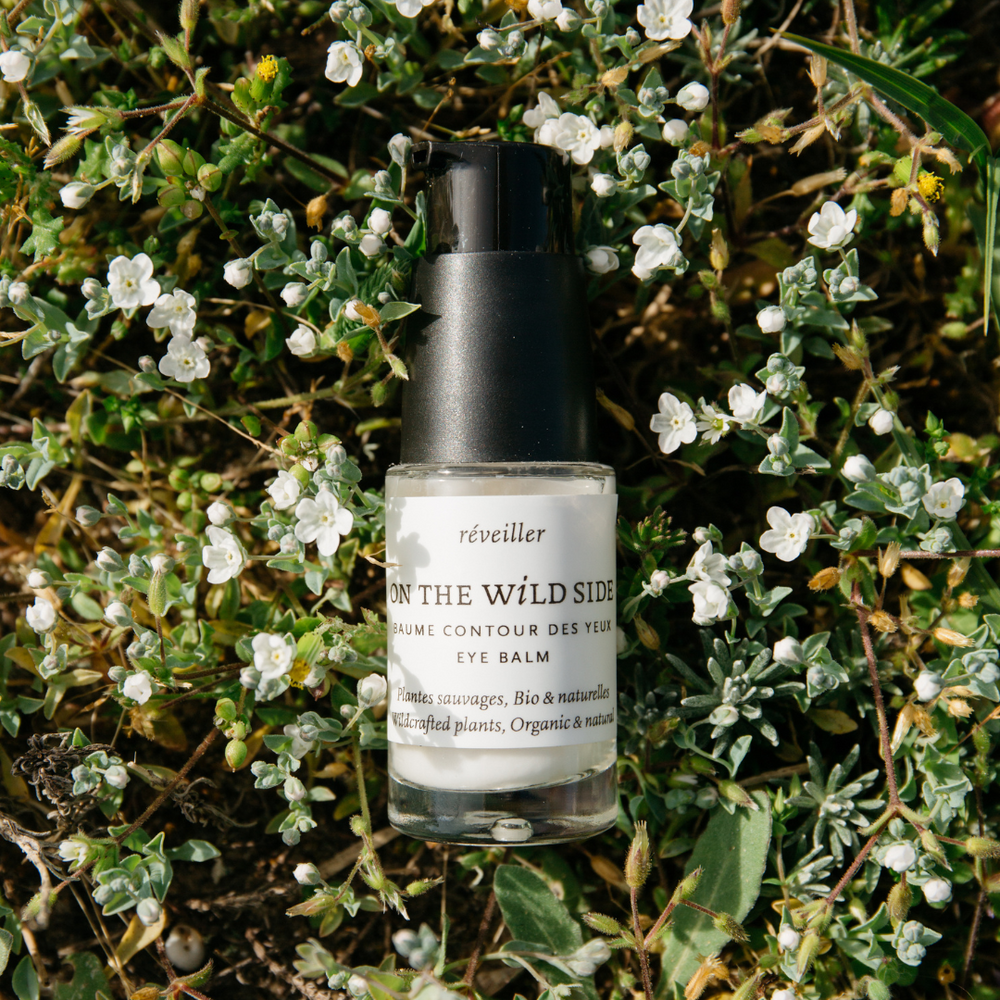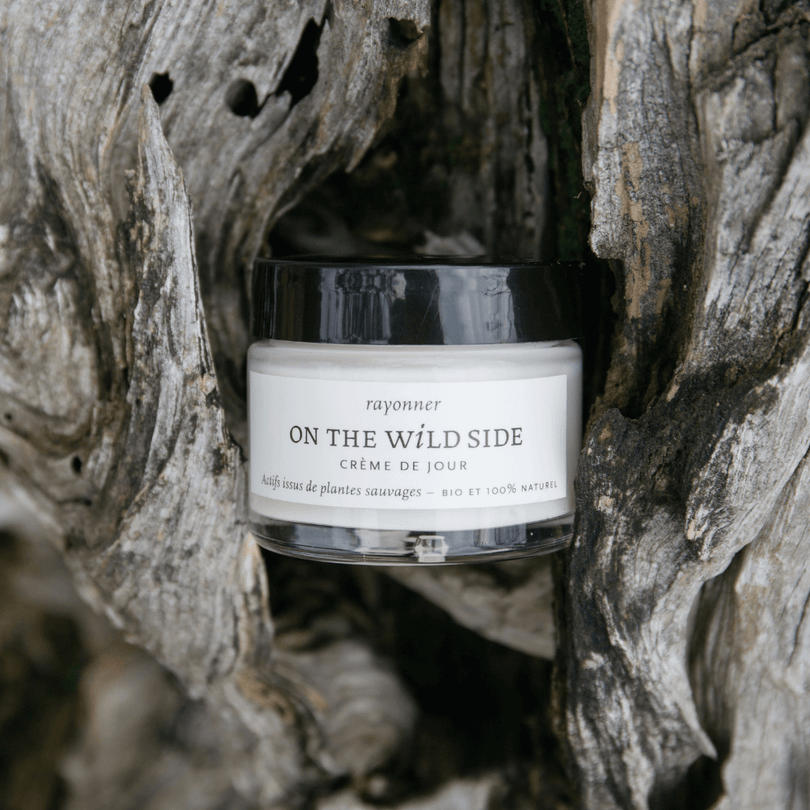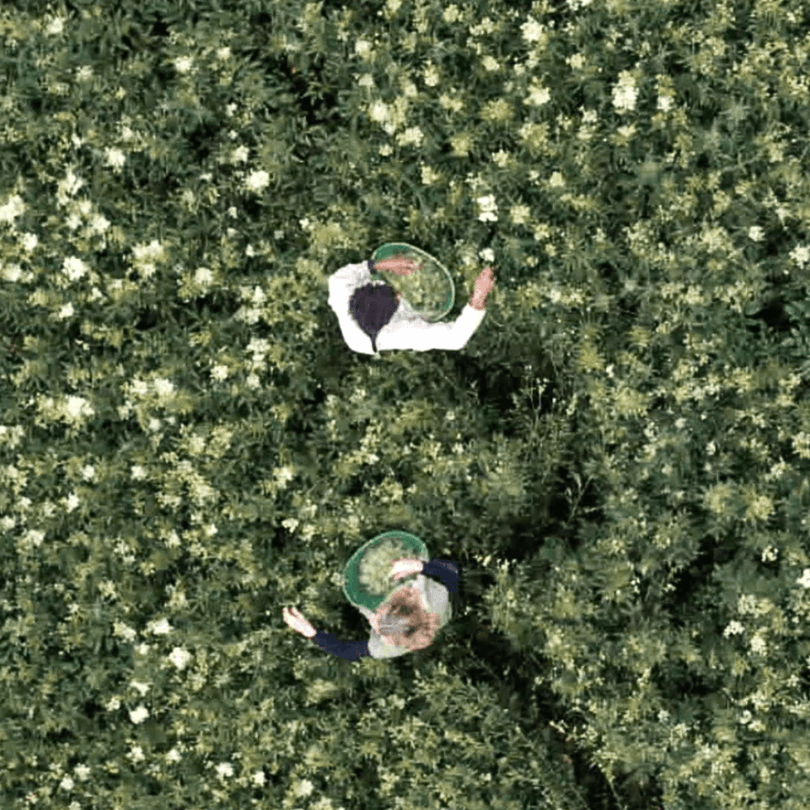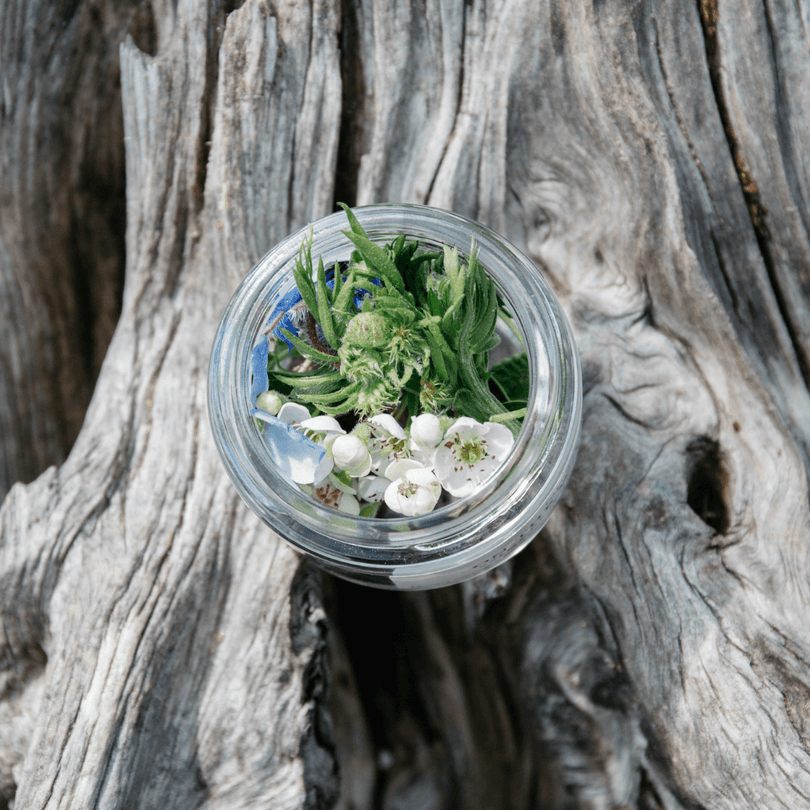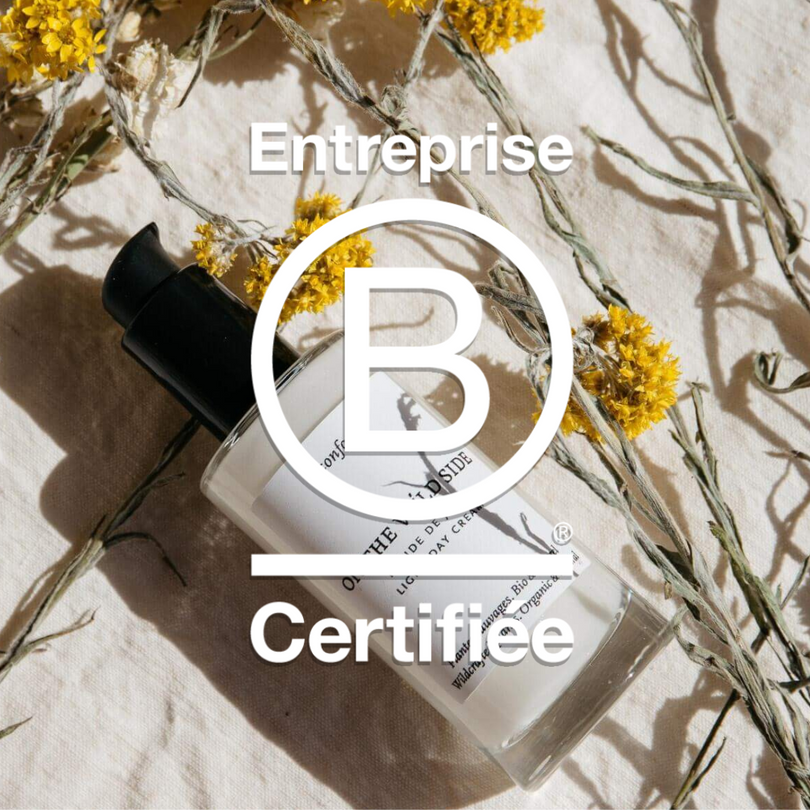Gathering wild flora has long been part of the subsistence strategies of the inhabitants of rural areas. Until the industrialization of agriculture, this traditional activity made it possible to cope with the ups and downs of agricultural production, supplementing human and animal food supplies where necessary; to obtain medicinal plants at lower cost for the manufacture of remedies (traditional pharmacopoeia); and to earn a little extra income.
From the 1970s onwards, commercial picking became anecdotal as farming changed. However, some neo-rural players saw it as a real opportunity to enhance the value of their often neglected territories.
The last 20 years have seen a resurgence in the essence of wild harvesting, underpinned by a deep-seated desire to restore plant-based ingredients to their rightful place. The craze for natural products, coupled with changes in international regulatory frameworks linked to biodiversity conservation and new consumer demands for traceability and fairness, have contributed to the redeployment of commercial foraging in France.
For all these reasons, it was essential for us to make a commitment to sustainable and responsible harvesting. To preserve wild flora and protect it on our own scale, we have made the sustainability of our supplies our core concern. To build this vision, we have chosen to work closely with the French Association of Wild Plant Harvesters (AFC). This partnership enables us to reconcile innovation and sustainability by making informed choices about which plants to feature, taking into account both the biological and ecological characteristics of the plant species. We have therefore chosen to give a desirable place to common and abundant local plants such as nettle, dandelion or rosehip and its precious fruit rosehip, enabling us to source a raw material that respects both the plant and its environment.
